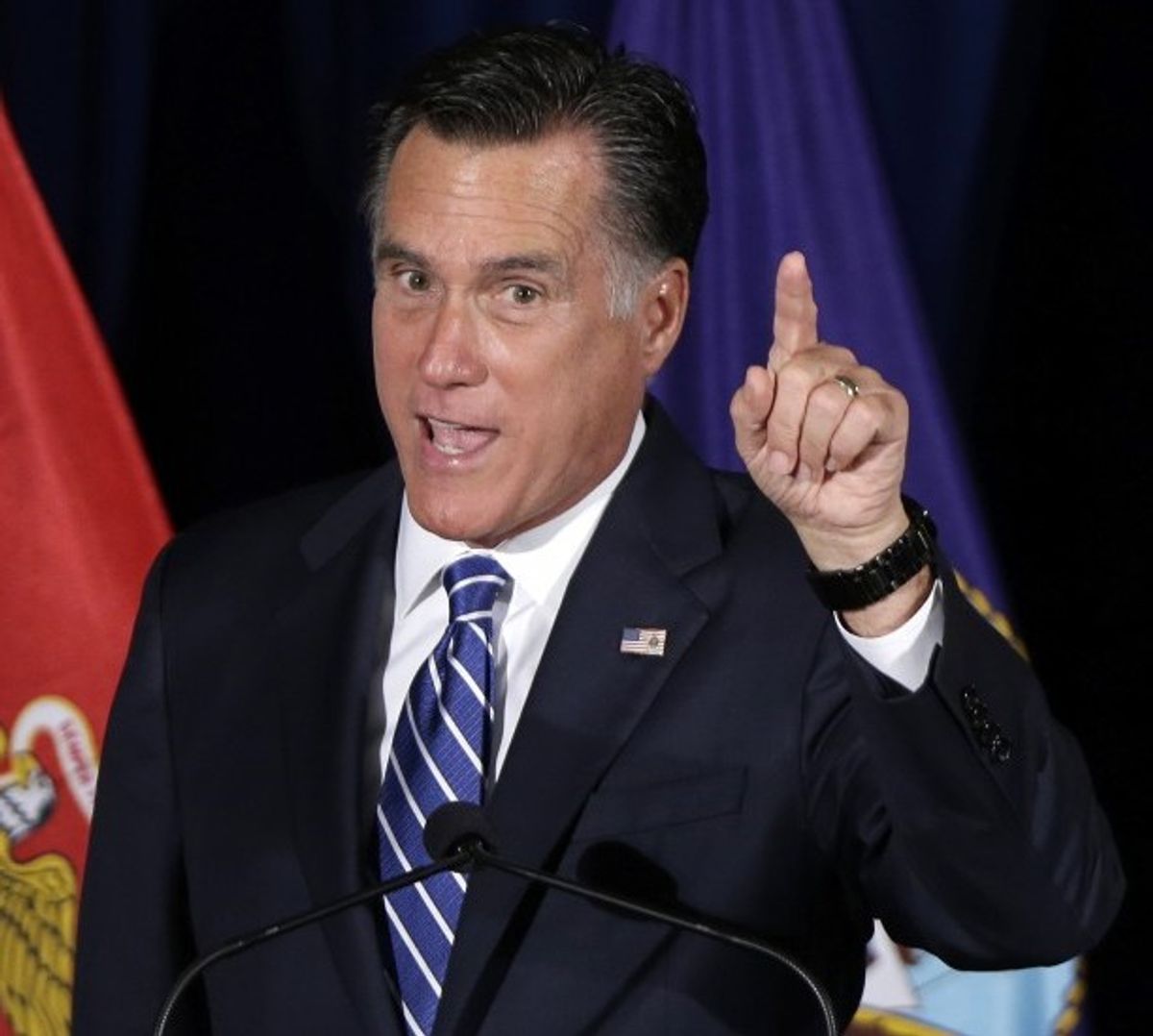The biggest election news this week won’t be who wins the presidential debate Wednesday night. It will be how many new jobs were created in September, announced Friday morning by the Bureau of Labor Statistics.
Rarely in the history has the monthly employment carried so much political significance. If the payroll survey is significantly more than 96,000 –- the number of new jobs created in August — President Obama can credibly claim the job situation is improving. If significantly fewer than 96,000, Mitt Romney has the more credible claim that the economy isn’t improving.
August’s household survey showed the overall rate of unemployment to be 8.1 percent in August – not bad, relative to previous rates – but that was mainly because so many Americans had stopped looking for work. (You’re deemed “unemployed” only if you don’t have a full-time job and you’re looking for work; if you’ve given up looking, you’re not counted.)
What happened to jobs in August or September – and what will happen in October (announced November 2, just days before Election Day) – have very little to do with what Obama did or didn’t do. Presidents have little to do with month-to-month changes in employment.
What’s more, the rest of the world isn’t cooperating: Much of Europe is in recession because it’s swallowed the “austerity” cool-aide. Japan is still a basket case. And China is slowing considerably.
In addition, Obama has had to grapple with a recalcitrant Republican congress, whose “number one goal,” according to Senate Minority Leader Mitch McConnell, hasn’t been to create more jobs but to make sure Obama doesn’t get a second term.
Still, evidence is accumulating that the U.S. economy has stalled. According to Commerce Department data released late last week, the economy grew at an annualized rate of only 1.3 percent between April and June. That’s down from 2 percent in the first quarter of the year. Consumer spending rose in August just .1 percent, after adjusting for inflation. Orders for durable goods (cars, TVs, other long-lasting manufactured products) dropped 13 percent, the biggest monthly drop in three years. And because incomes grew less than spending, the savings rate dropped to 3.7 percent — the lowest since April.
Consumers say they’re more confident about the future – and that’s a key measure for how they’re likely to vote. But the disturbing reality is paychecks continue to shrink. Disposable income (the money left over after taxes) dropped 0.3 percent after adjusting for inflation. That’s the weakest reading since November.
America is still in the gravitational pull of the Great Recession. That’s because consumer spending is 70 percent of economic activity, and the nation’s vast middle class doesn’t have enough money to get the economy back on track. (The rich spend a much smaller proportion of their incomes, and their savings go around the world to wherever they can summon the highest return.)
Republicans have no answers. To the contrary, Romney’s reverse-Robin Hood economics would shrink the middle class even further, and put a huge burden on the poor.
But the economic policies Obama says he’d like to pursue in his second term aren’t nearly large or bold enough to do the job.
The median wage has been stuck in neutral for decades. Since the 1980s, almost all the gains from economic growth have gone to the top. The stagnation of middle-class wages was first masked by millions of women moving into paid work, thereby propping up household incomes. Then it was masked by massive household borrowing against rising home values.
But the bubble that burst in 2008 has removed both masks. The economy can’t fully recover until the middle class and the poor who aspire to join it have enough income to get it moving. For this to happen, they will need a larger share of the gains from economic growth.
Perhaps the President will be asked Wednesday night for his plan to accomplish this.



Shares